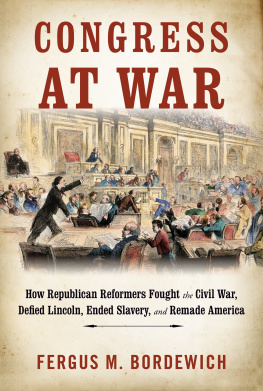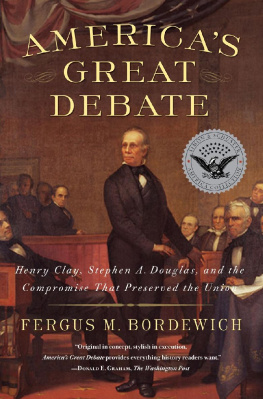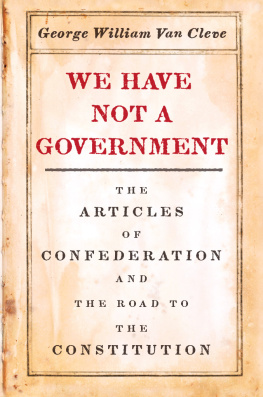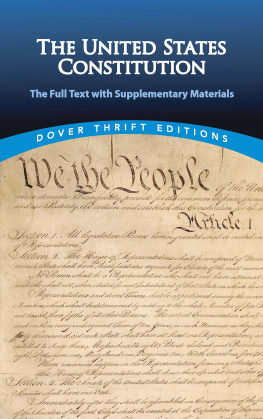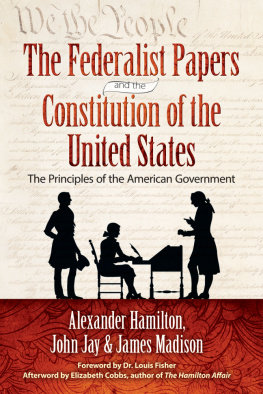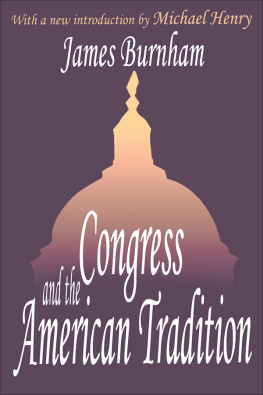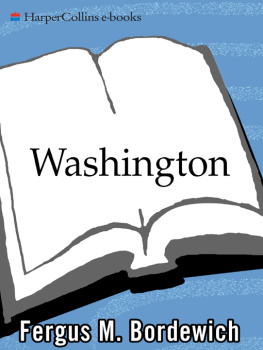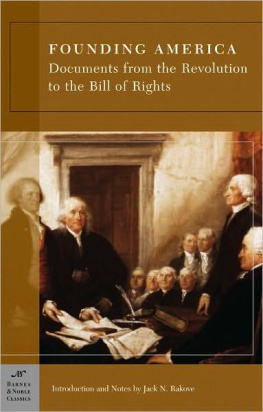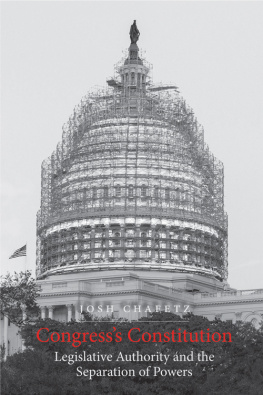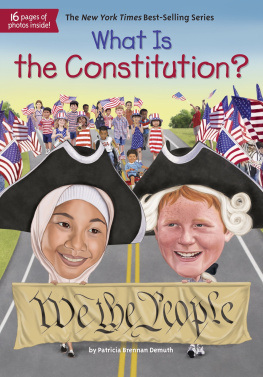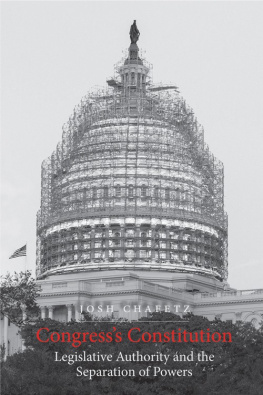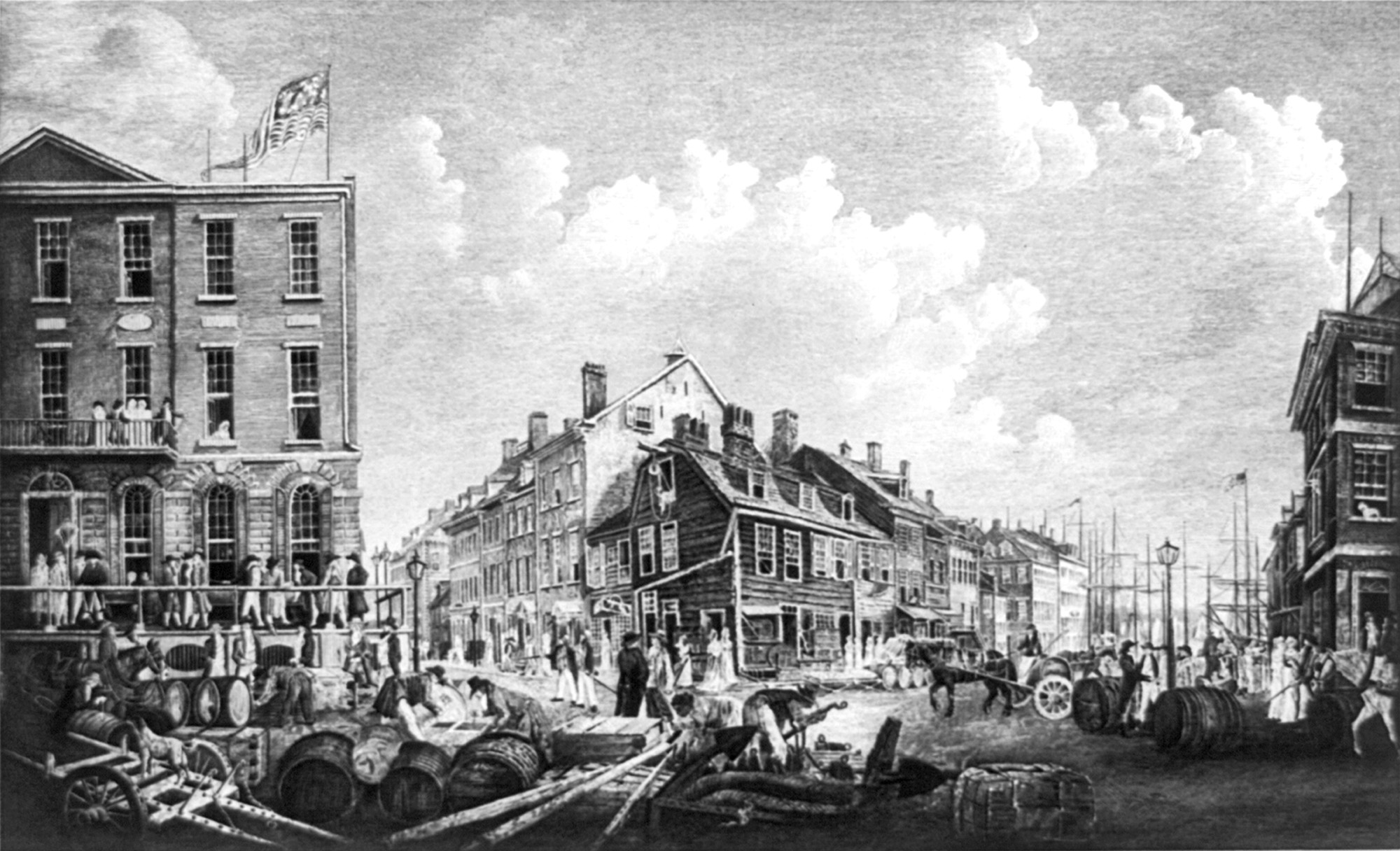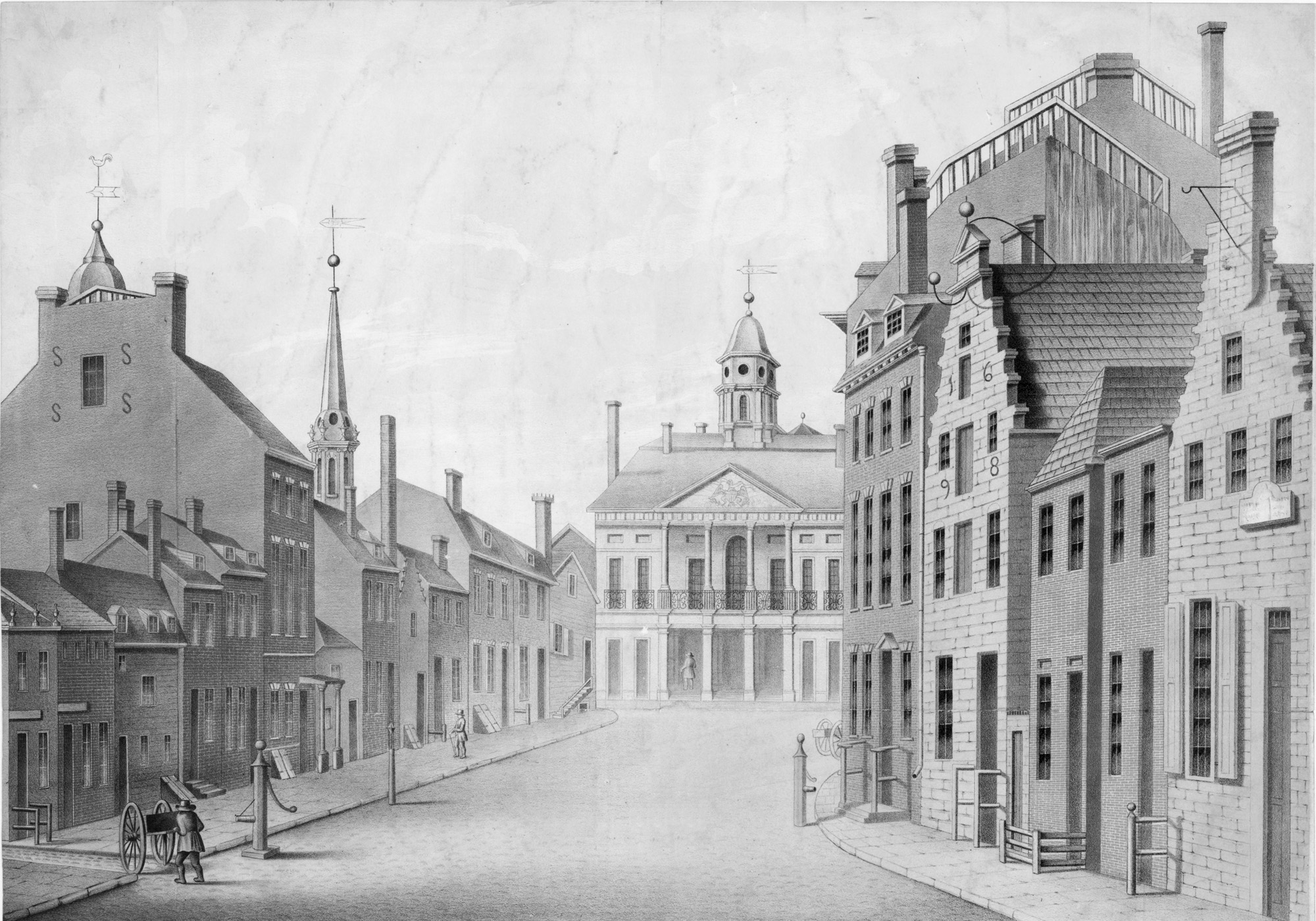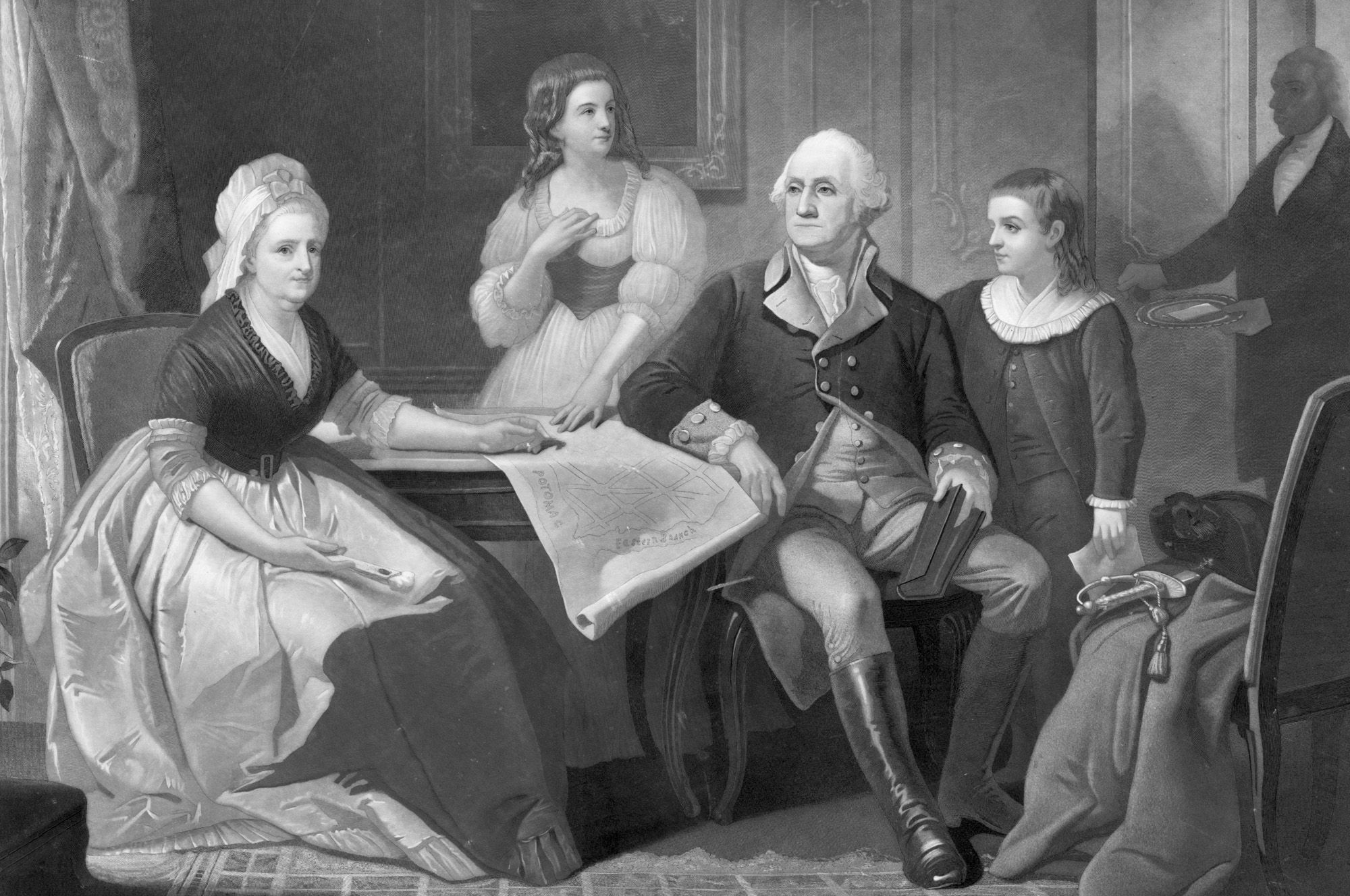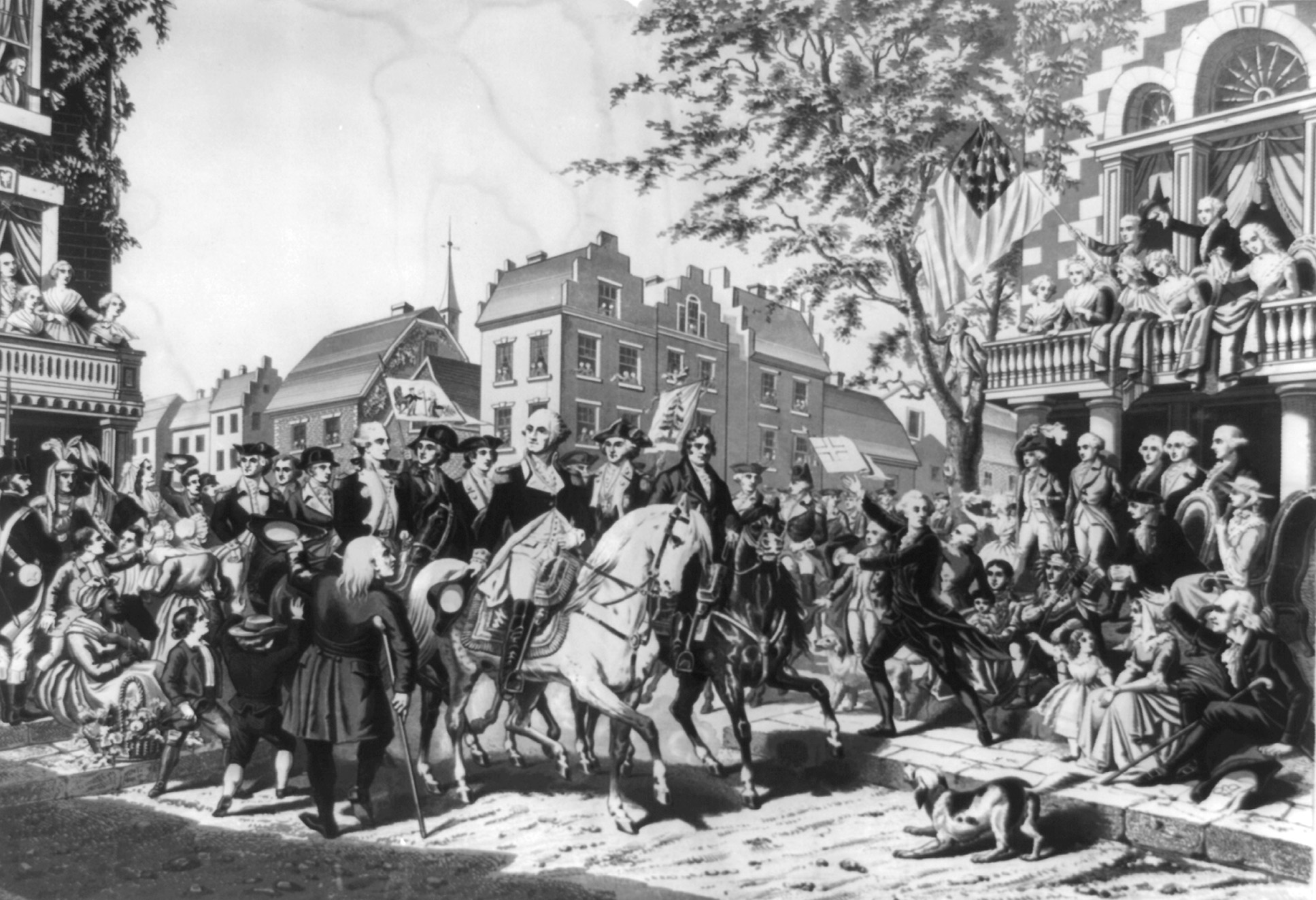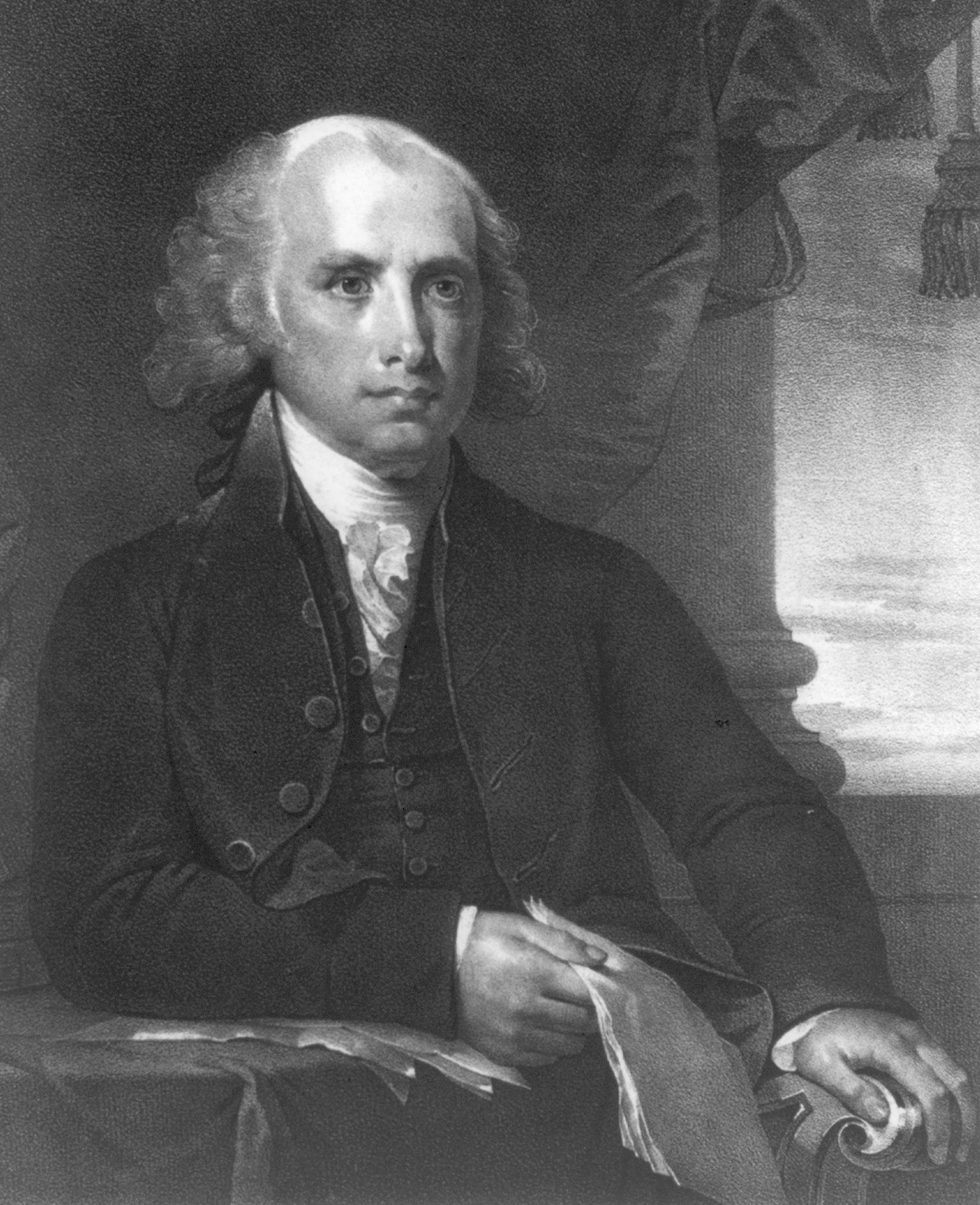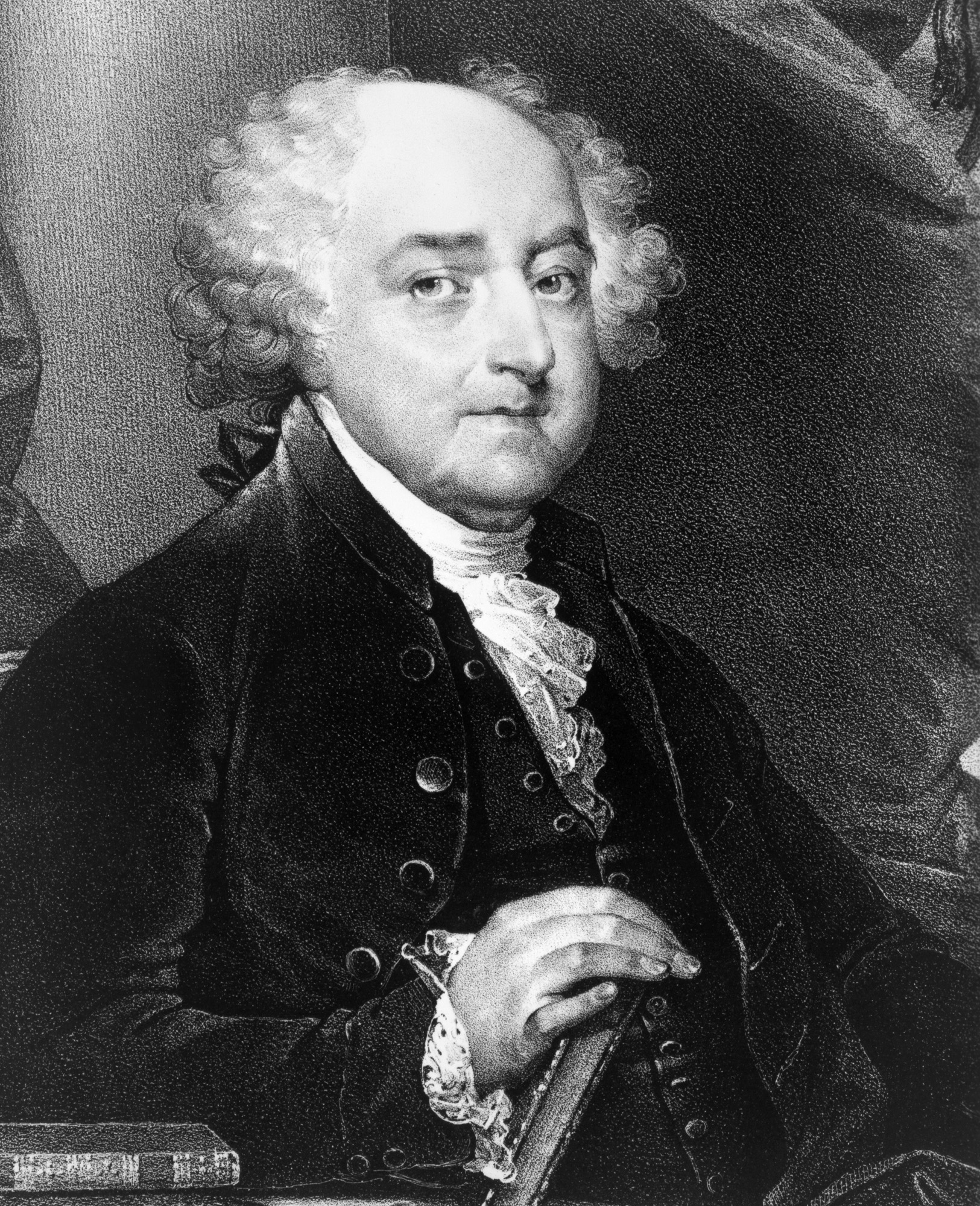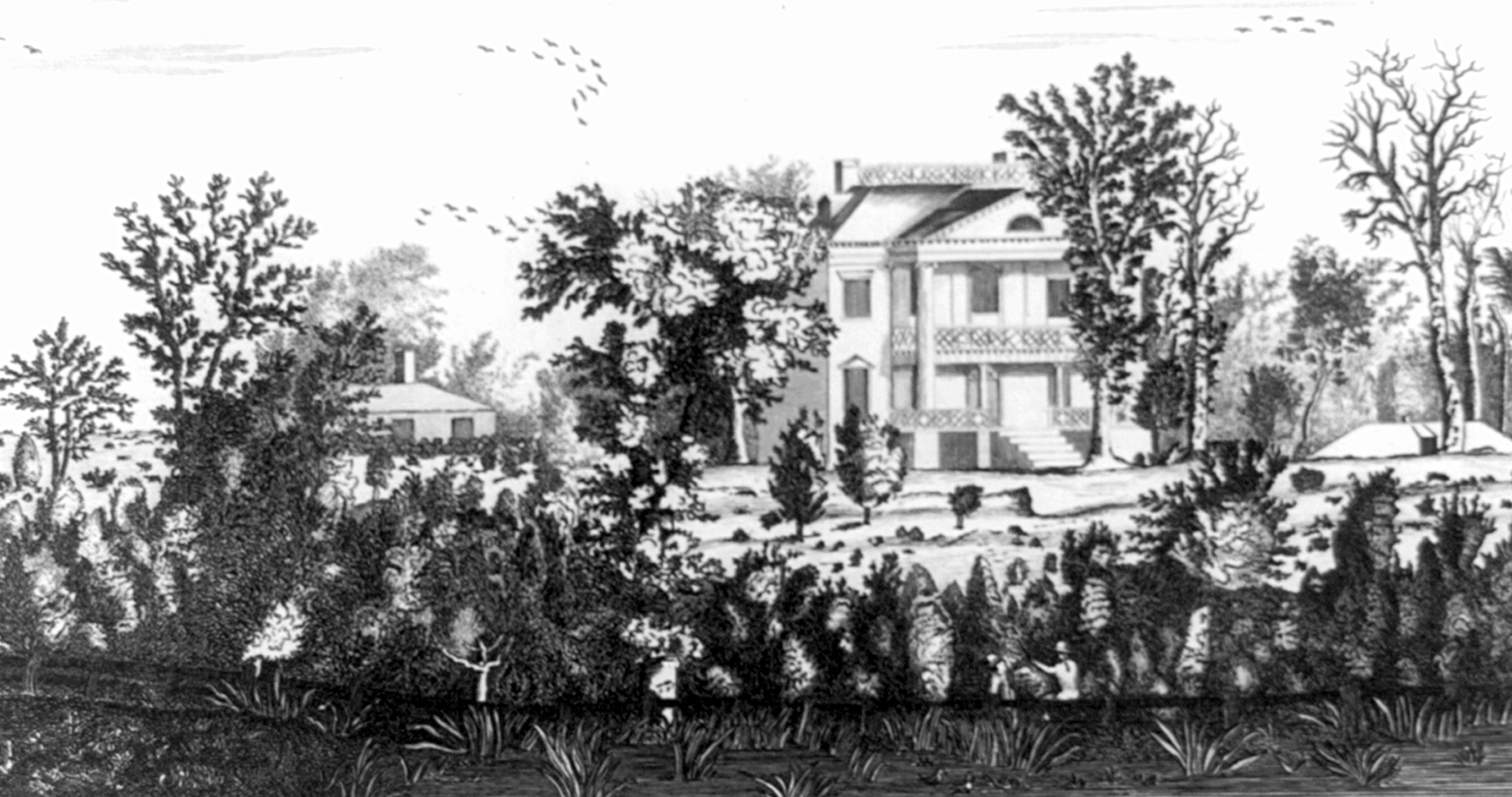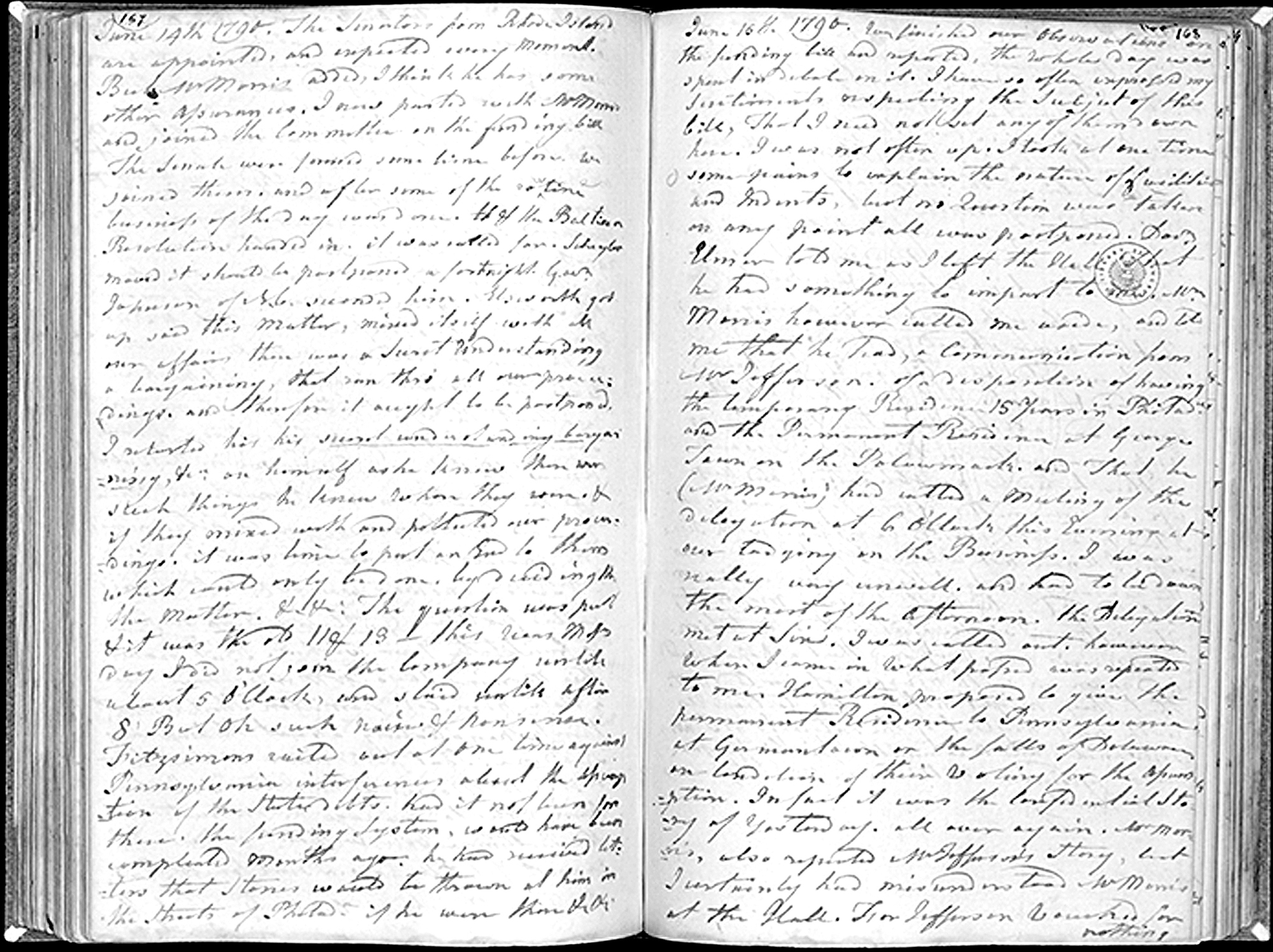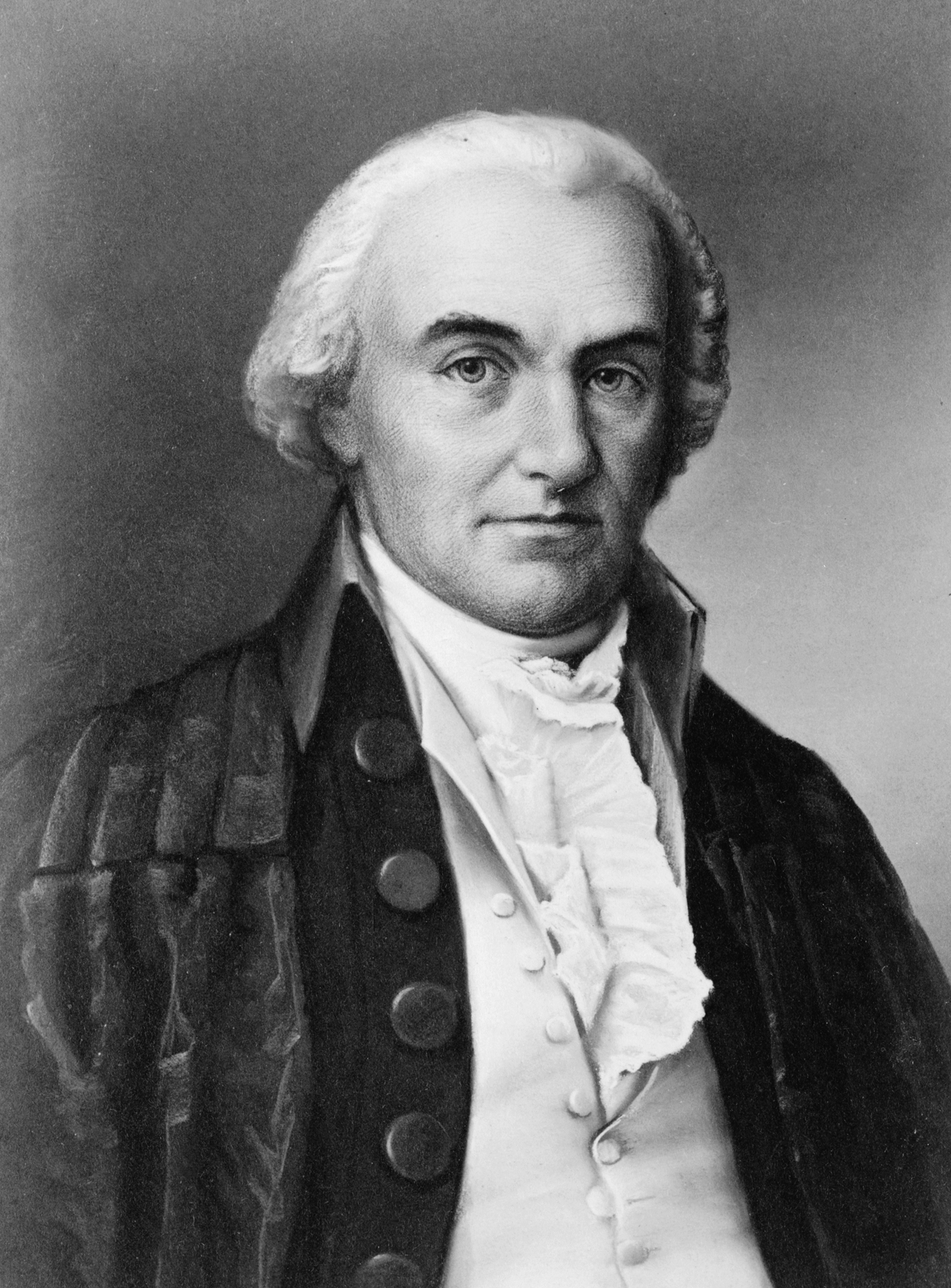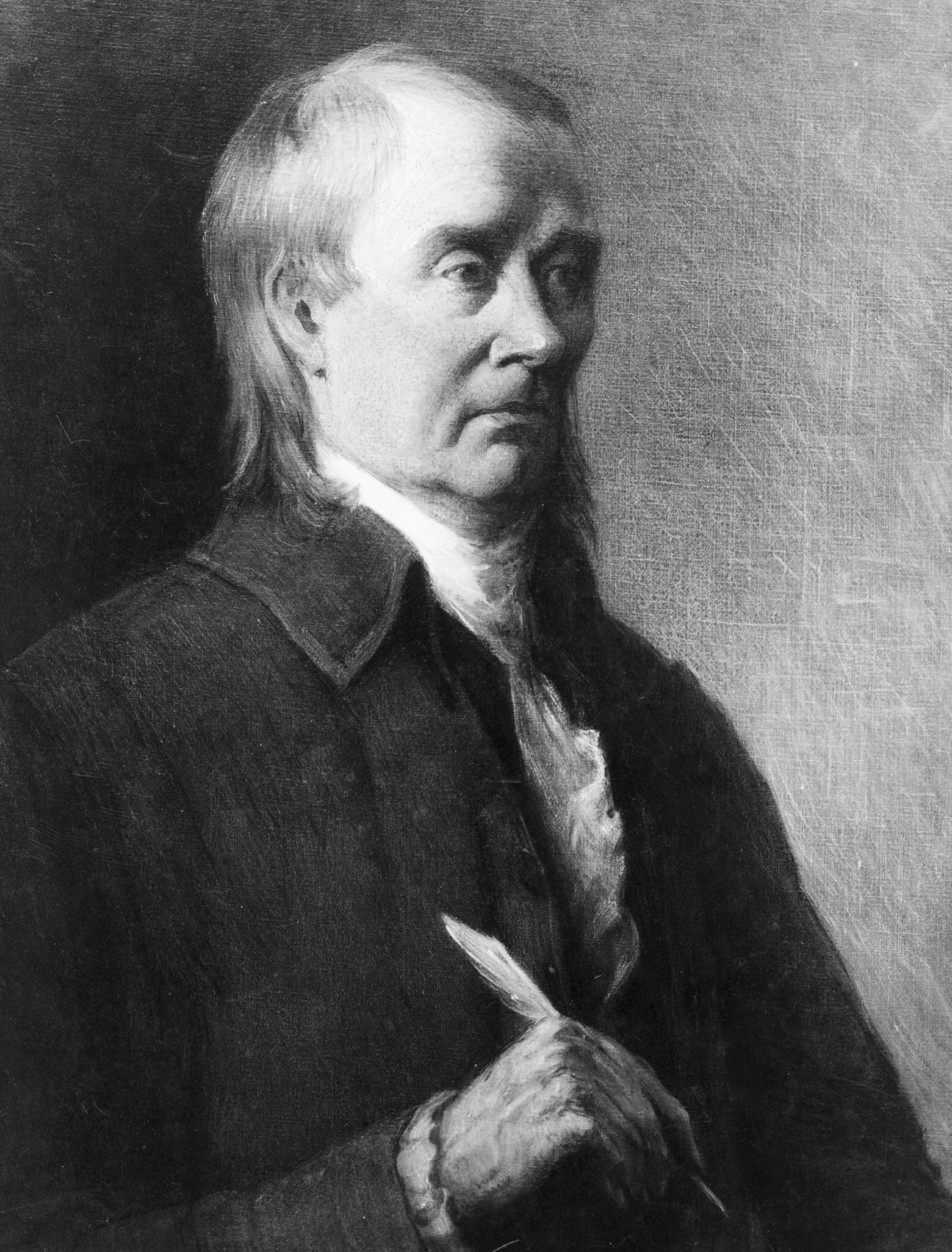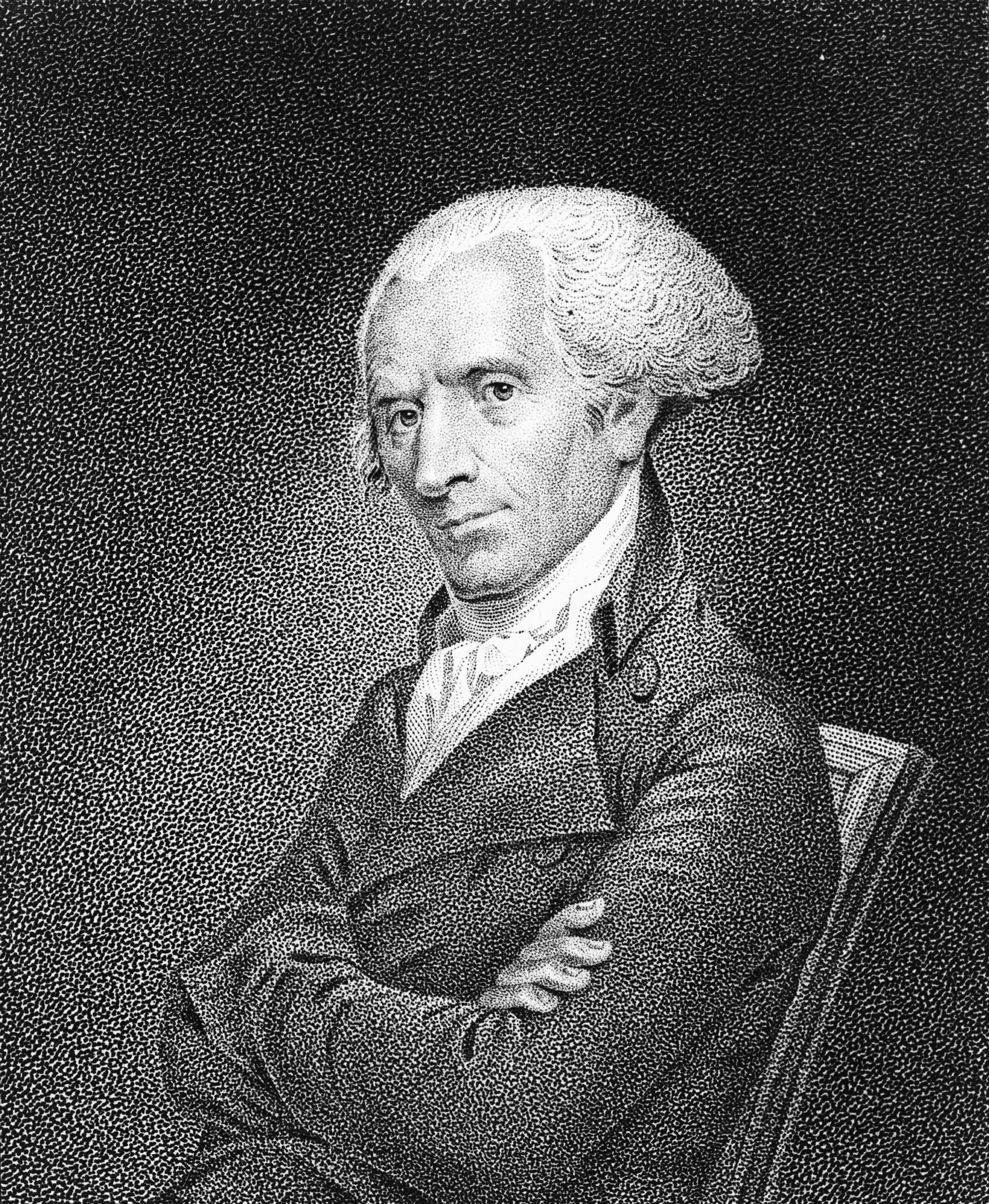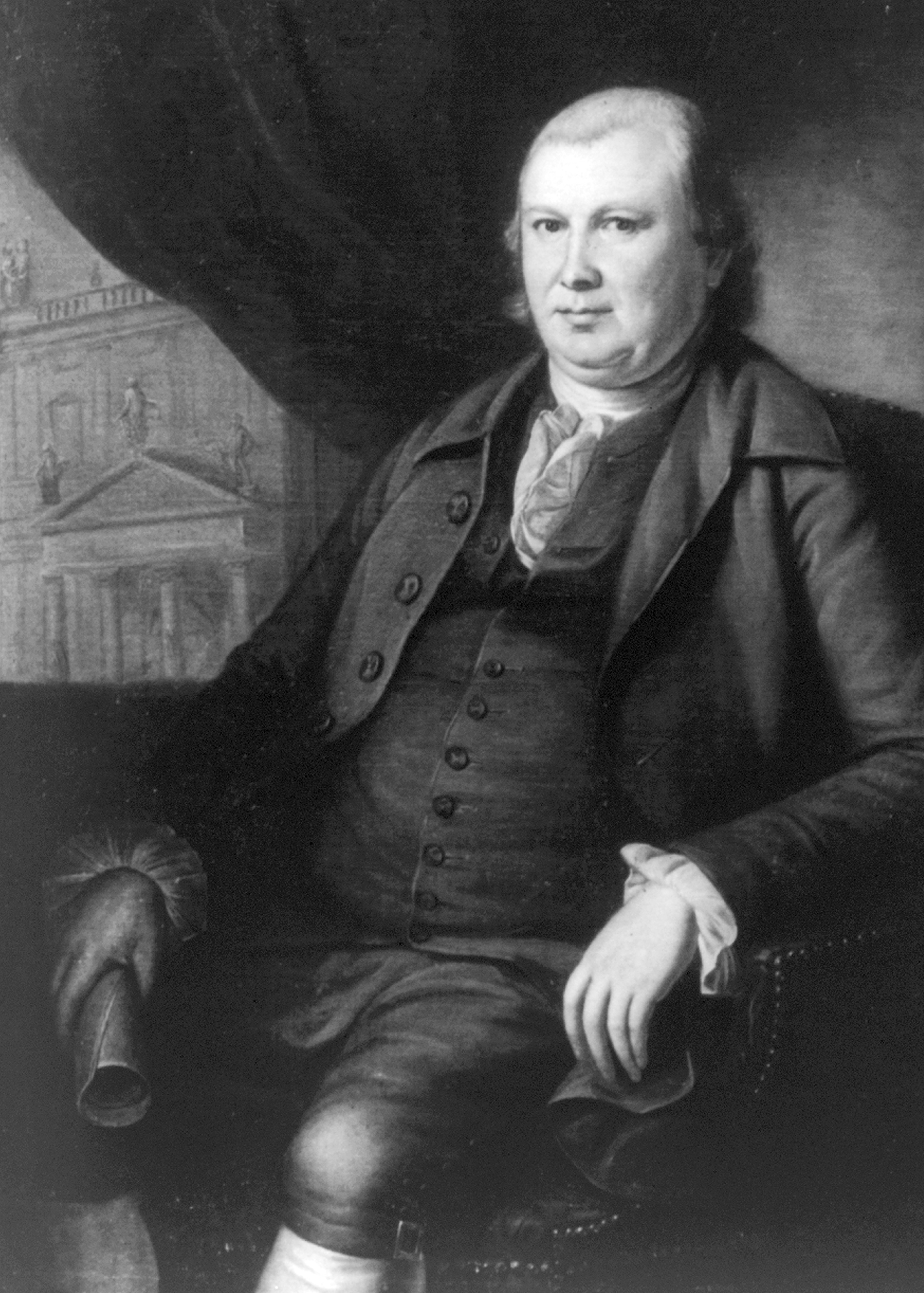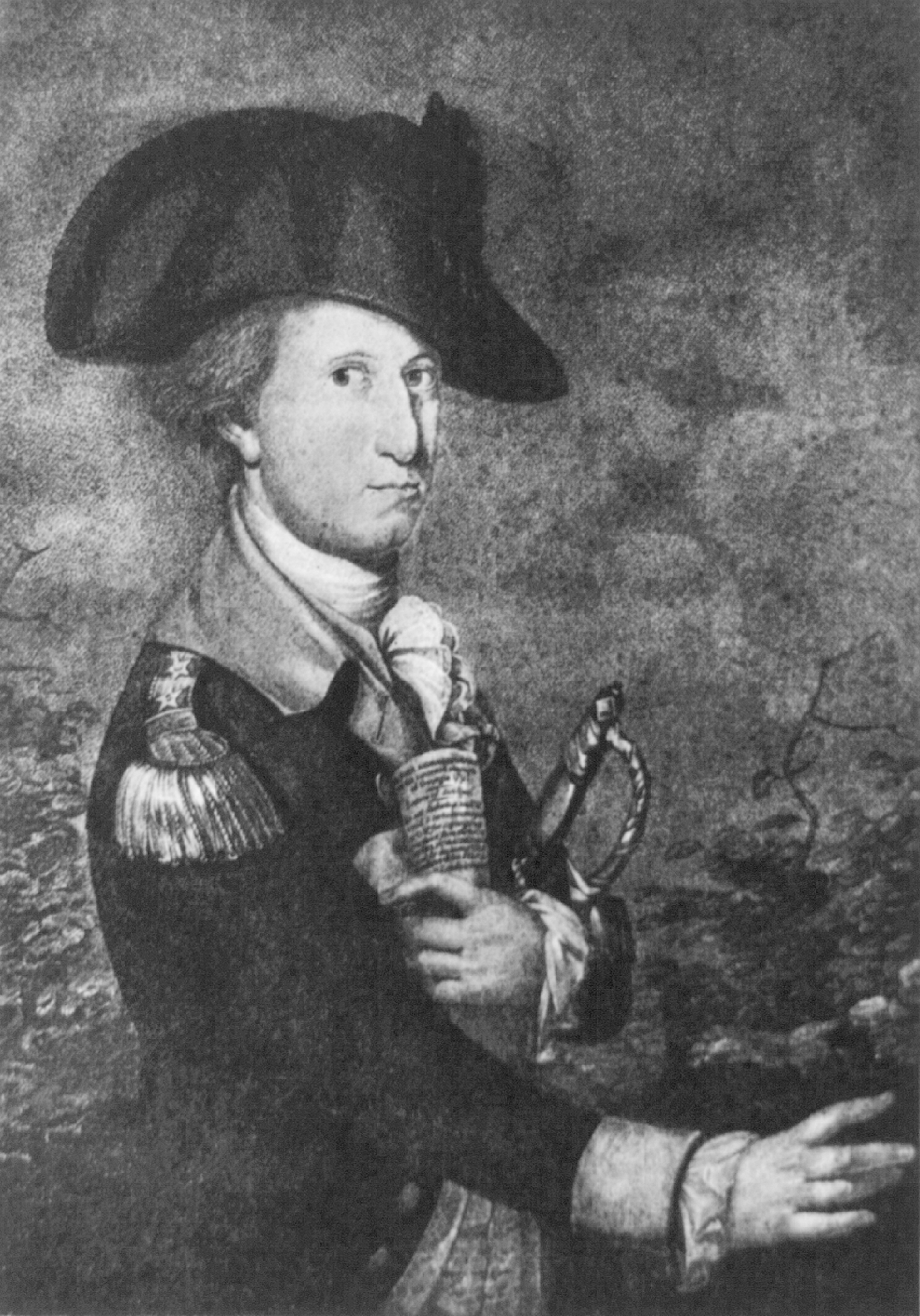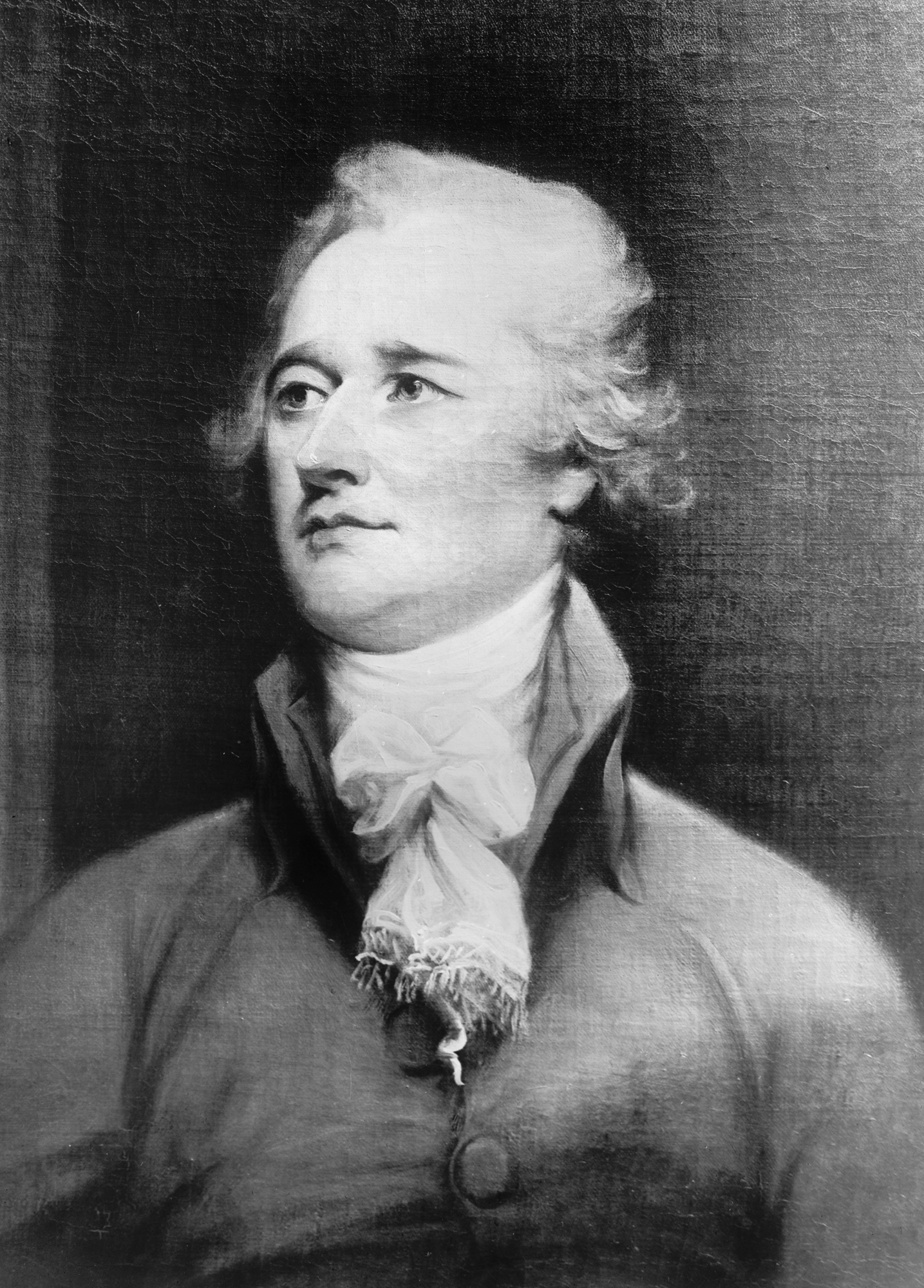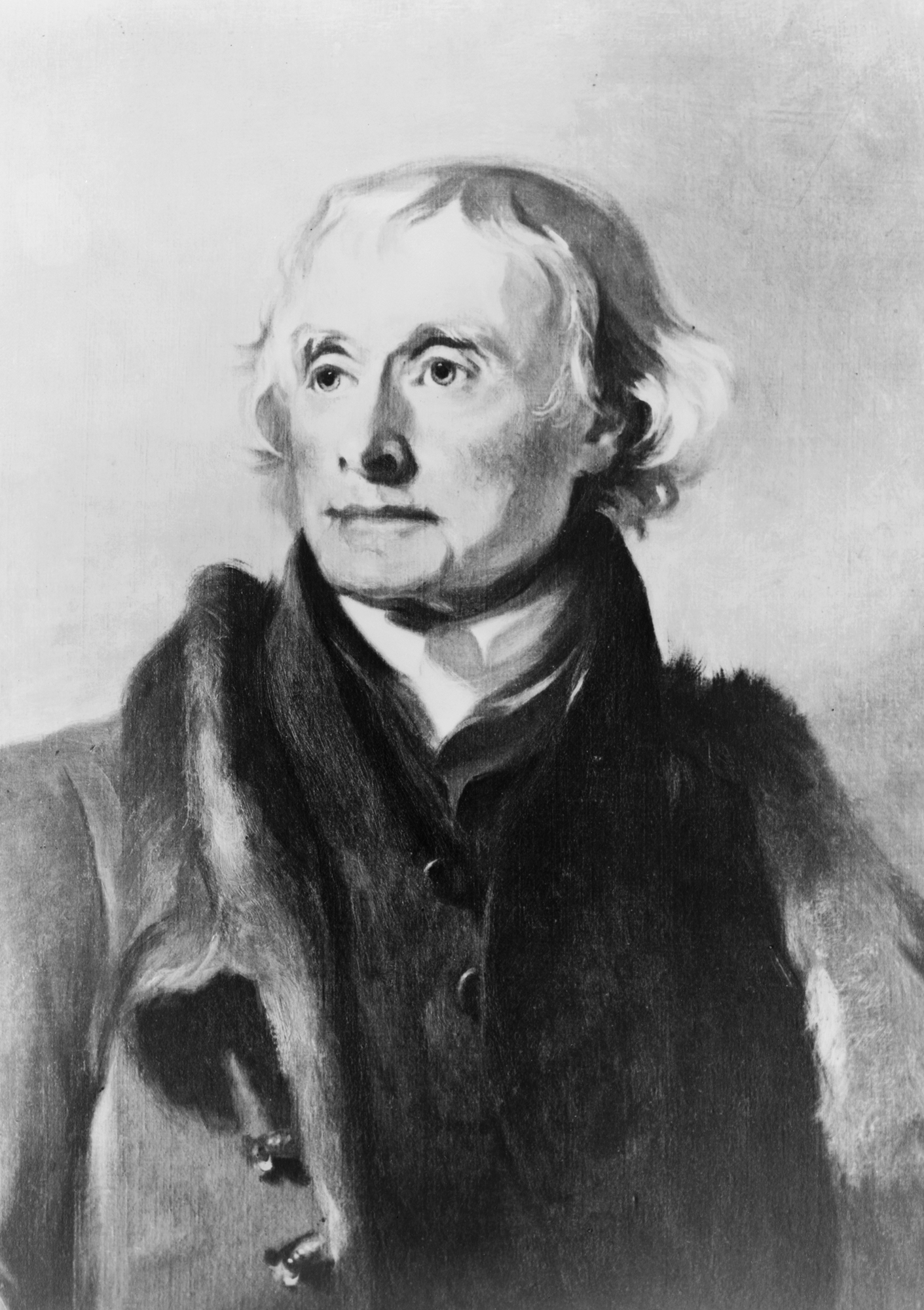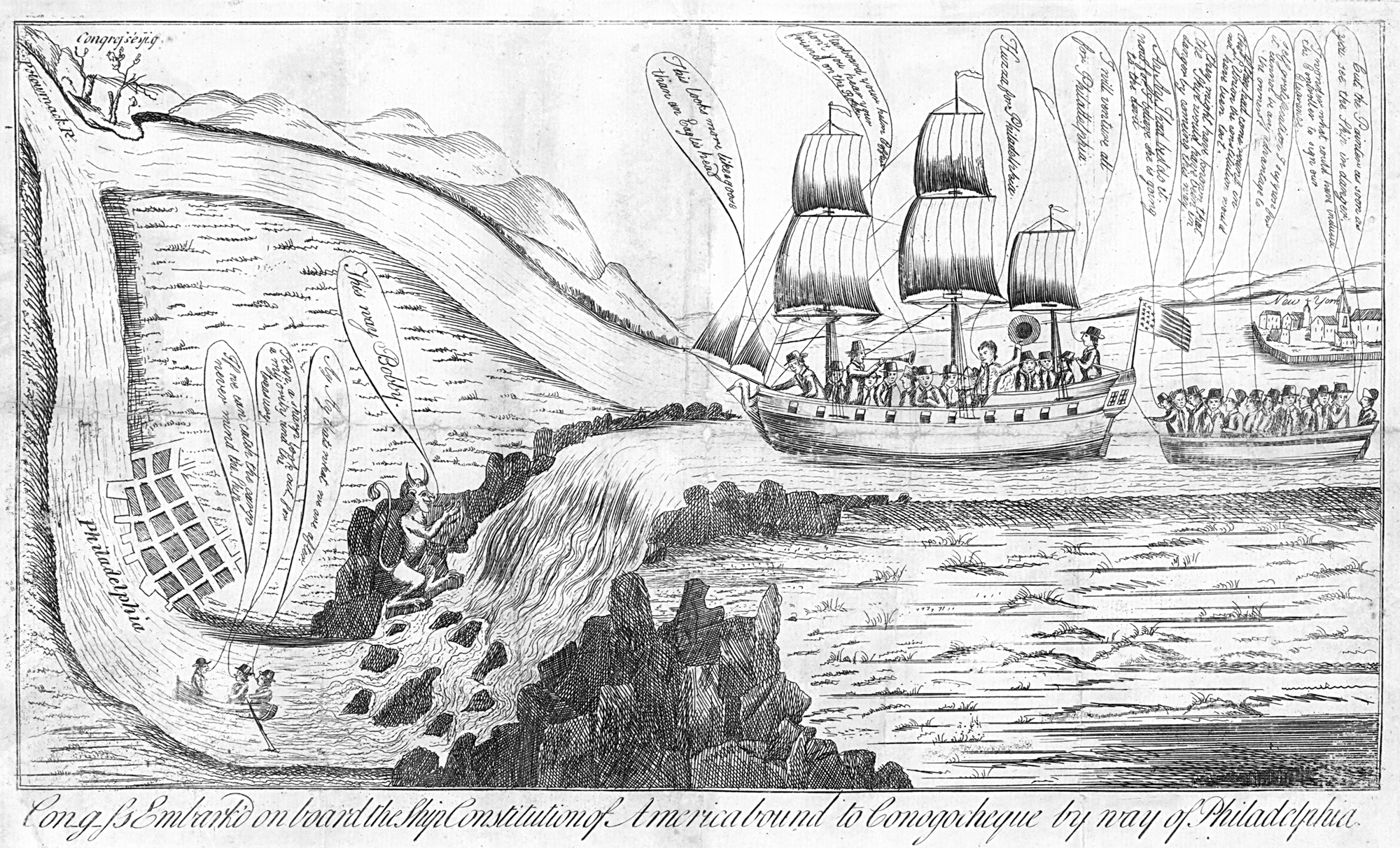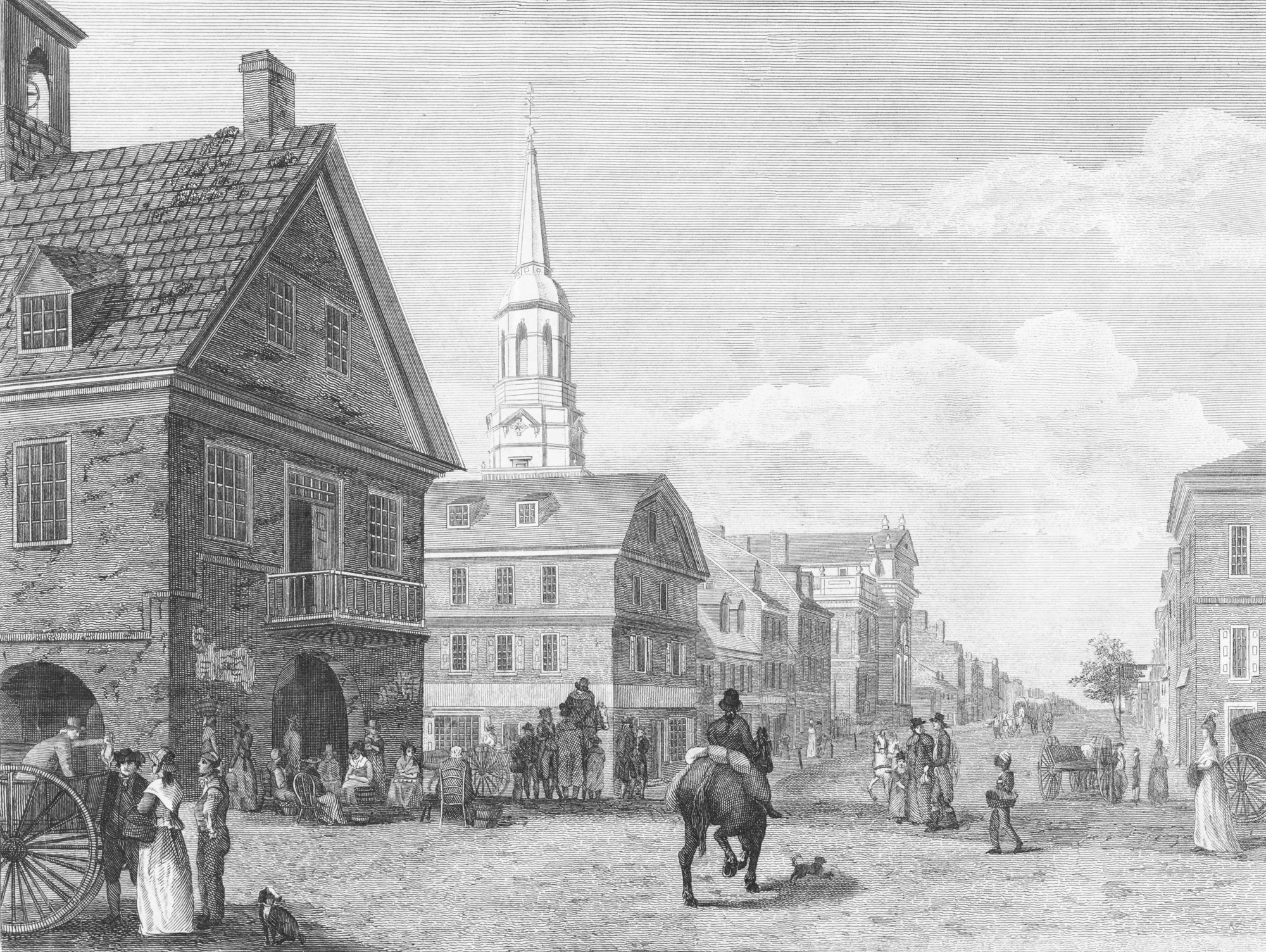Fergus M. Bordewich - The First Congress: How James Madison, George Washington, and a Group of Extraordinary Men Invented the Government
Here you can read online Fergus M. Bordewich - The First Congress: How James Madison, George Washington, and a Group of Extraordinary Men Invented the Government full text of the book (entire story) in english for free. Download pdf and epub, get meaning, cover and reviews about this ebook. year: 2016, publisher: Simon & Schuster, genre: Politics. Description of the work, (preface) as well as reviews are available. Best literature library LitArk.com created for fans of good reading and offers a wide selection of genres:
Romance novel
Science fiction
Adventure
Detective
Science
History
Home and family
Prose
Art
Politics
Computer
Non-fiction
Religion
Business
Children
Humor
Choose a favorite category and find really read worthwhile books. Enjoy immersion in the world of imagination, feel the emotions of the characters or learn something new for yourself, make an fascinating discovery.

- Book:The First Congress: How James Madison, George Washington, and a Group of Extraordinary Men Invented the Government
- Author:
- Publisher:Simon & Schuster
- Genre:
- Year:2016
- Rating:4 / 5
- Favourites:Add to favourites
- Your mark:
The First Congress: How James Madison, George Washington, and a Group of Extraordinary Men Invented the Government: summary, description and annotation
We offer to read an annotation, description, summary or preface (depends on what the author of the book "The First Congress: How James Madison, George Washington, and a Group of Extraordinary Men Invented the Government" wrote himself). If you haven't found the necessary information about the book — write in the comments, we will try to find it.
The First Congress was the most important in US history, says prizewinning author and historian Fergus Bordewich, because it established how our government would actually function. Had it failedas many at the time feared it wouldits possible that the United States as we know it would not exist today.
The Constitution was a broad set of principles. It was left to the members of the First Congress and President George Washington to create the machinery that would make the government work. Fortunately, James Madison, John Adams, Alexander Hamilton, and others less well known today, rose to the occasion. During two years of often fierce political struggle, they passed the first ten amendments to the Constitution; they resolved bitter regional rivalries to choose the site of the new national capital; they set in place the procedure for admitting new states to the union; and much more. But the First Congress also confronted some issues that remain to this day: the conflict between states rights and the powers of national government; the proper balance between legislative and executive power; the respective roles of the federal and state judiciaries; and funding the central government. Other issues, such as slavery, would fester for decades before being resolved.
TheFirst Congress tells the dramatic story of the two remarkable years when Washington, Madison, and their dedicated colleagues struggled to successfully create our government, an achievement that has lasted to the present day.
Fergus M. Bordewich: author's other books
Who wrote The First Congress: How James Madison, George Washington, and a Group of Extraordinary Men Invented the Government? Find out the surname, the name of the author of the book and a list of all author's works by series.

